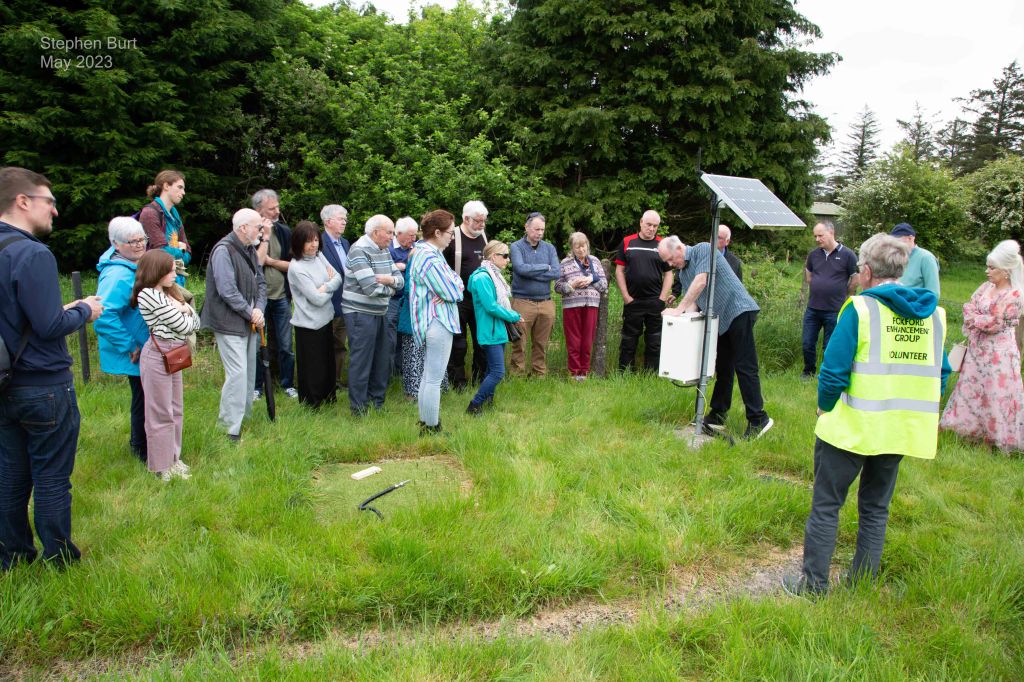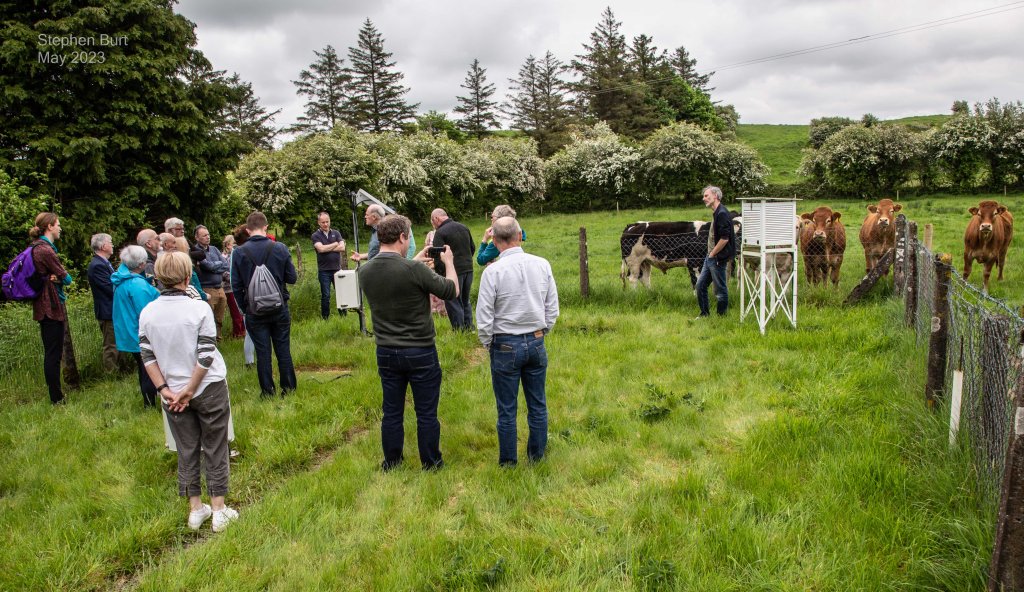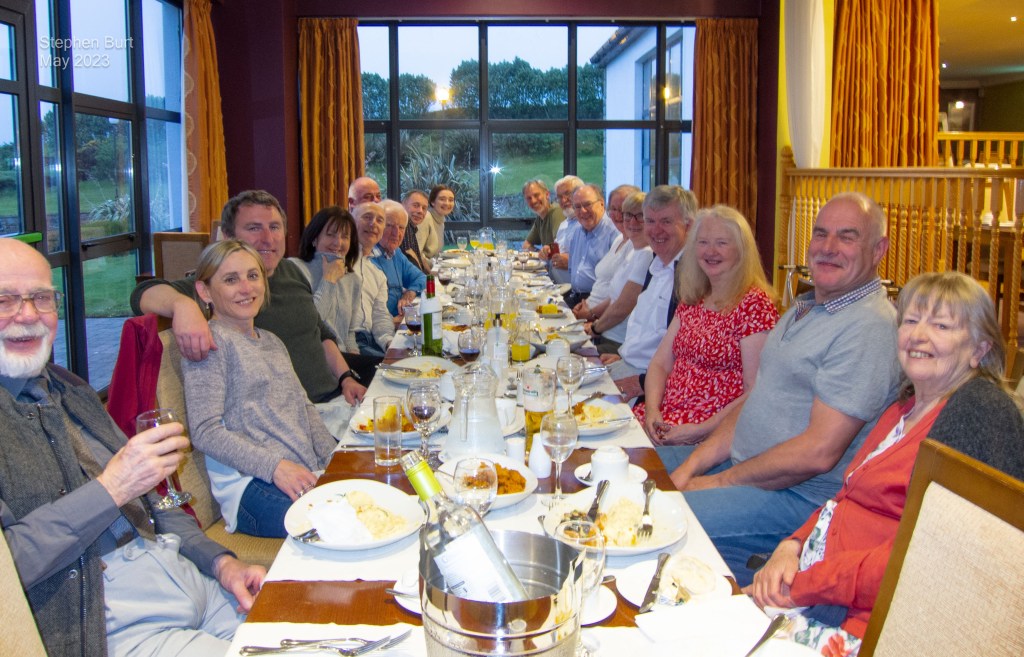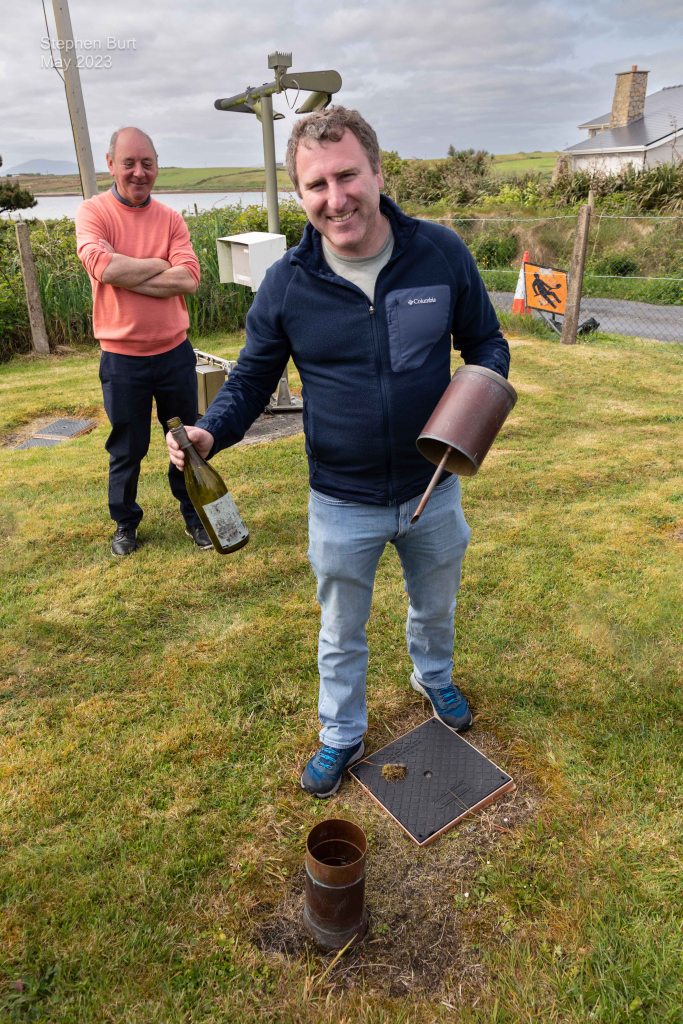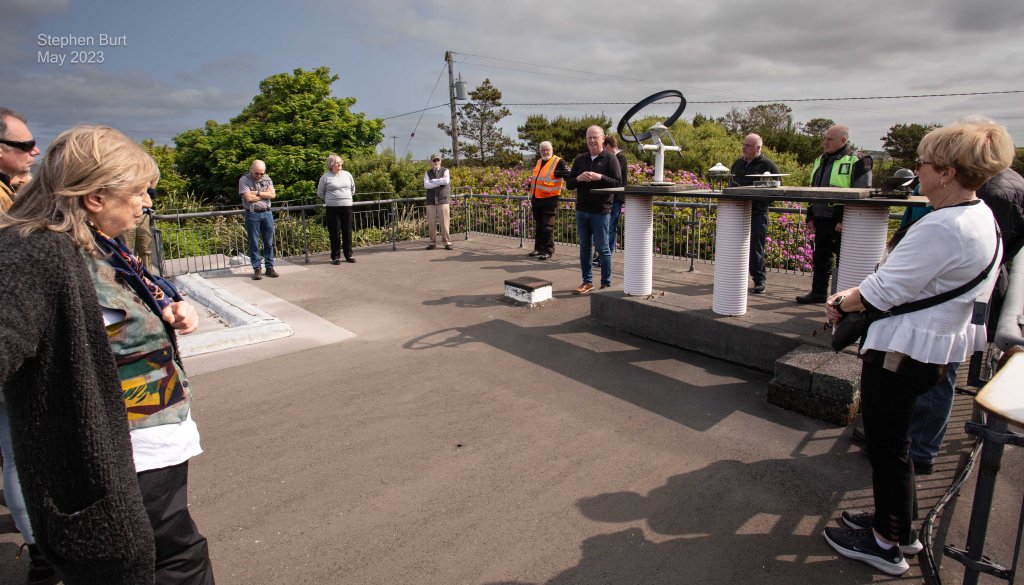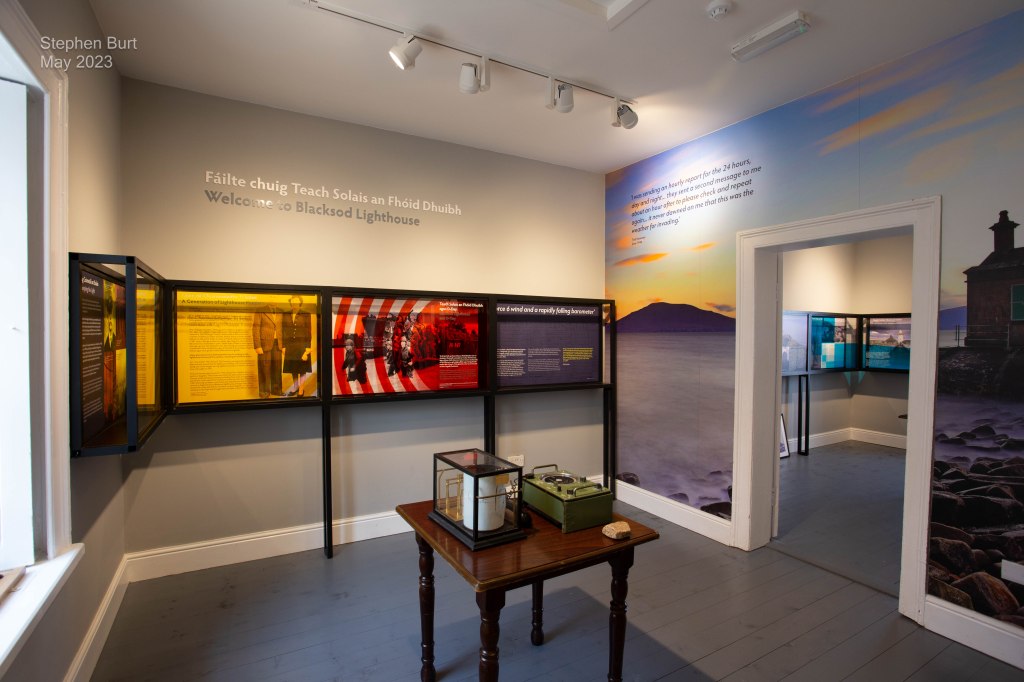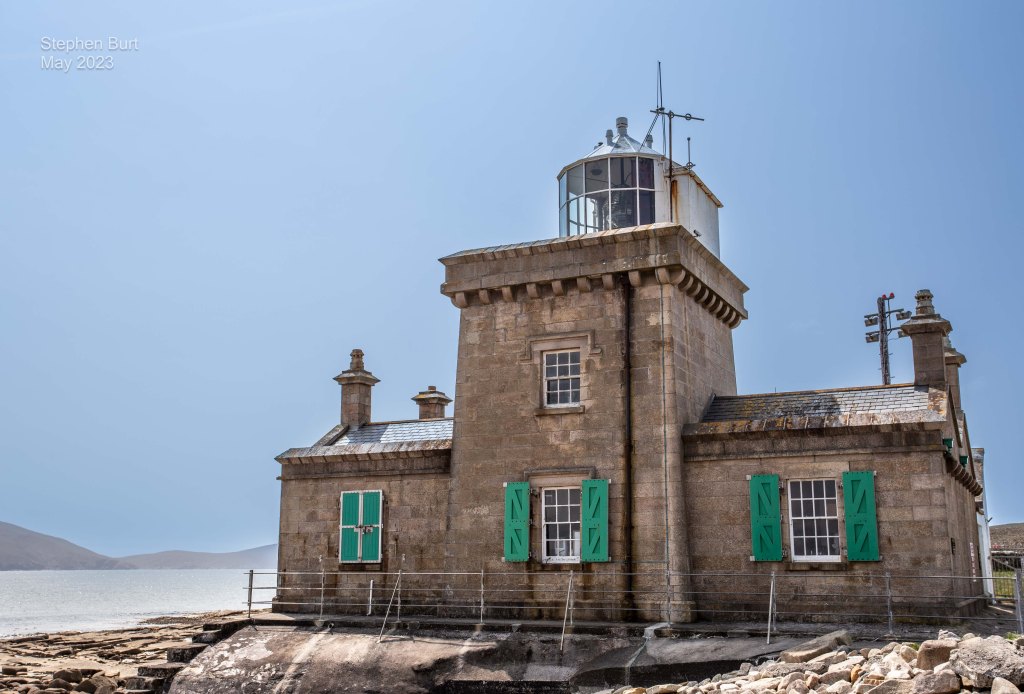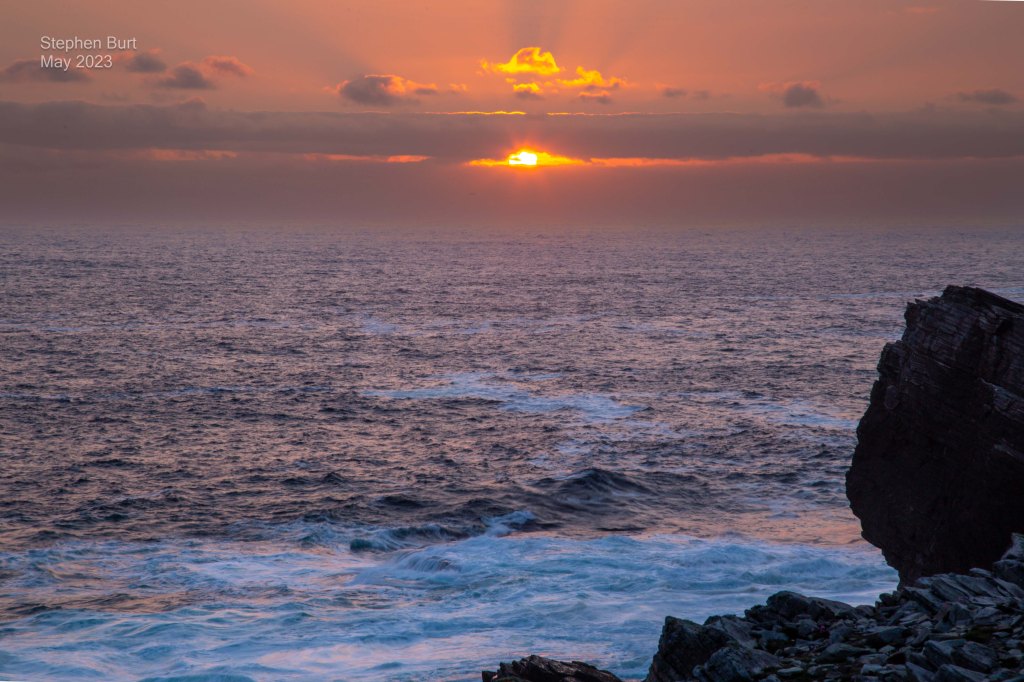We had a great outing to Co Mayo on May 20th and 21st, the talks and a selection of photographs (thanks to Stephen Burt) are below
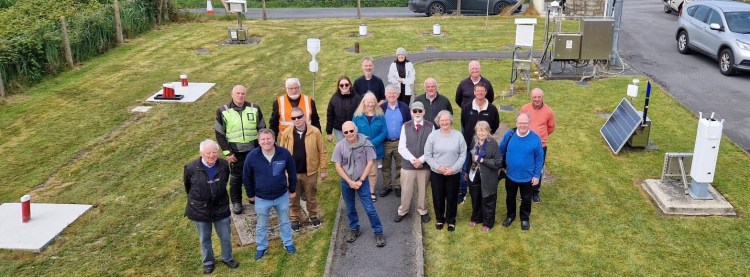
History of Meteorological Observations in Ireland -Séamus Walsh
Rescuing and Digitising Ireland Historical Observations – Mary Curley
Weather Observations Website(WOW)-Crowd Sourced Observations – Conor Lally
Early Meteorological Observations in Co Mayo – Liam Newman
Europe’s Oldest Instrumental Meteorological Observations – Dr Stephen Burt
